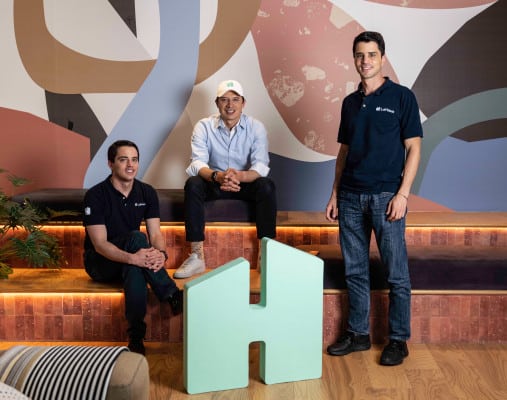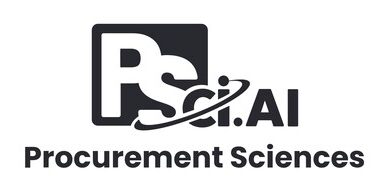La Haus has developed an online real estate marketplace operating in Mexico and Colombia. The Colombia-based proptech, La Haus secured funding of $100 million. The additional funding includes $50 million in equity and $50 million in debt financing.
The new capital was obtained as an extension to the company’s Series B. The first tranche of which closed in January. With the latest infusion, Medellin, Colombia-based La Haus has now secured $135 million total for the round. And over $158 million in funding since its 2017 inception.
Investors in attendance
San Francisco Bay Area venture firms Acrew Capital and Renegade Partners co-led the round. The round also included participation from Jeff Bezos’ Bezos Expeditions. Furthermore, Endeavor Catalyst, Moore Strategic Ventures, Marc Benioff’s TIME Ventures, Rappi’s Simon Borrero, Maluma, and Gabriel Gilinski were also there. Existing backers who put money in this round include Greenspring Associates, Kaszek, NFX. Furthermore, Spencer Rascoff’s 75 & Sunny Ventures, Hadi Partovi, and NuBank’s David Velez.
The company was founded by Jerónimo Uribe (CEO), Rodrigo Sánchez-Ríos (president), Tomás Uribe (chief growth officer) and Santiago Garcia (CTO). Jerónimo and Tomas met Sánchez-Ríos at Stanford University. Prior to La Haus they started and ran Jaguar Capital, a Colombian real estate development company. It had completed retail and residential projects worth $350 million.
What is La Haus’s mission?
The Series B extension follows impressive growth for the startup. It saw the number of transactions conducted on its Mexico portal rise by 10x in 2021 compared to 2020. With over 500 homes selling on its platform. La Haus expects to have facilitated more than $1 billion in annualized gross sales by the end of the year.
Sánchez-Ríos said that the startup was founded with the mission of making it easier for people to buy homes. And to help solve Latam’s extreme housing inequality. Its end goal is to accelerate access to new housing by both generating and curating supply and demand. Then matching it with its technology.
The company aims at providing people looking for a home a similar experience as people looking for their next flight at delta.com. It has done that by embedding its software to developers’ new projects so that it can bring that digital experience to its users.
The buyers view the projects on the sites, the company matches them. Then the buyers can see in real-time which units of a particular tower are available Then select, sign, and pay for everything digitally,” Sánchez-Río said.

La Haus secured Funding – what it means for the company?
What La Haus is planning to use is the debt portion to go beyond selling homes via its marketplace. Particularly by extending finances to both developers and potential buyers. It will use the proprietary data acquired by the thousands of real estate transactions conducted on its platform. Using this information will extend capital to developers and consumers “more quickly, with much lower risk and at better terms.
La Haus secured Funding – what it means for Latin America?
Being able to purchase a home 100% digitally is not that easy even in the U.S. Pulling that off in Latin is harder. By year’s end, La Haus intends to be in every major metropolitan area in Mexico and Colombia.
Its ultimate goal is to be able to help new, sustainable homes “to be built faster, alleviating the inequality caused by lack of access to inventory.”
To Acrew Capital’s Lauren Kolodny, La Haus is building a solution specific to the issues of Latin America’s housing market. Rather than importing business models such as iBuying from the U.S.
La Haus is breaking down these barriers by consolidating listings online, offering pricing transparency, and educating consumers about their financing options.
Acrew first invested in the startup in its $10 million Series A and has been impressed with its growth over time.
For its part, the La Haus team is excited to put its new capital to work. As Sánchez-Río put it, As La Haus secured funding, those $50 million go a lot further in Mexico and Colombia than in the U.S.
“We are going to be very aggressive in Mexico and Colombia, and plan to go from four to at least 12 markets by the end of the year,” Jeronimo said. “We’re also excited to roll out our financing solution to developers and buyers.”



